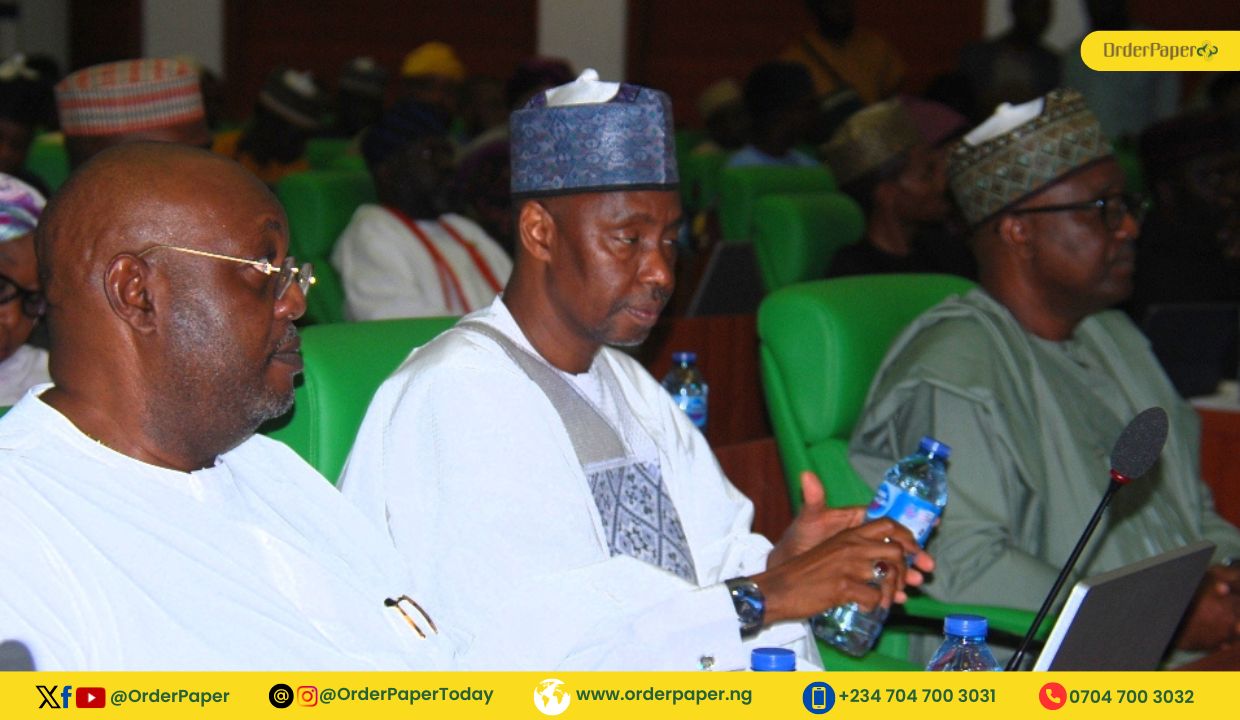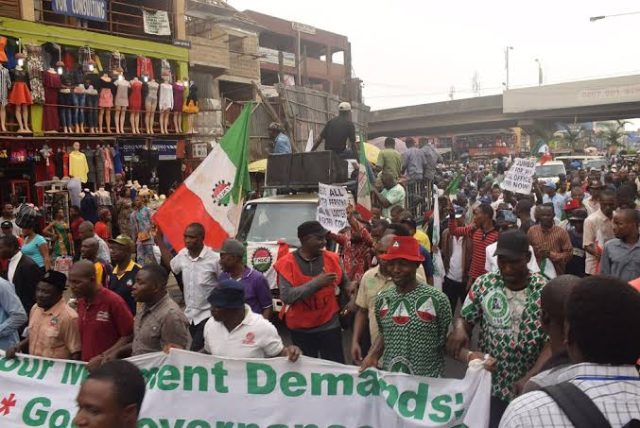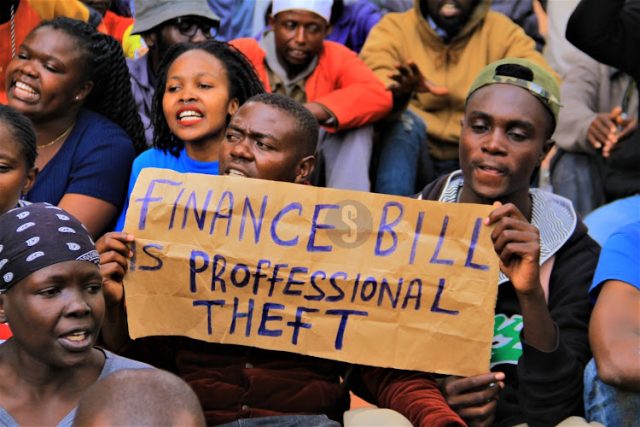
This week’s Gender Equality and Social Inclusion (GESI) tracker highlights the town hall meeting between Nigerian youths and the members of the House of Representatives to avert nationwide protest against hardship, hunger, and bad governance.

Why the Call for Protest
Nigerian youths had planned a protest before the House of Representatives announced a town hall meeting with select groups. The August 1st to 10th nationwide protest was initiated to end bad governance. Due to the widespread corruption among government officials who misuse funds, economic hardship leading to high levels of unemployment, rising inflation, and increasing costs of living, creating a significant financial strain on the population. These factors contributed to a general dissatisfaction with the political system, motivating the citizens to demand change through protests.
A Brief history of youth protests in Nigeria
Nigerian youths have a rich history of activism and protest, reflecting their frustration with systemic corruption, unemployment, injustices, and poor governance. Below are some youth protest in the country:
- SAP protests: During the Gen. Ibrahim Babangida military regime, the government introduced the Structural Adjustment Program (SAP) which led to severe economic hardship in the country. In response, the Nigerian youths organized widespread protests in the late 1980s and early 1990s against the rising cost of living, unemployment, and poor governance in the country.
- On June 12, 1993, following the annulment of the presidential election, an election that was widely regarded as the fairest in Nigeria’s history, protest by the youth erupted demanding the actualization of the election results and the end of military rule.
- In January 2012, following President Goodluck Jonathan’s announcement of fuel subsidy removal leading to a hike in pump prices, the Occupy Nigeria protest, driven largely by young people, called for the reversal of fuel pump prices. The protest further highlighted issues such as government corruption, economic mismanagement, and social injustice.
- The most recent was the #EndSARS protests in October 2020. Sparked by widespread outrage over police brutality perpetrated by the Special Anti-Robbery Squad (SARS), the protests quickly grew to represent a broader demand for good governance, accountability, and an end to the myriad injustices faced by the Nigerian populace. The movement galvanized millions across the country, and internationally, leveraging social media to organize, mobilize, and raise awareness and calling for reform.

Youth Protests in other African nations
The struggle for better governance and improved quality of life is not peculiar to Nigeria alone, Across Africa, youth-led protests have emerged, inspiring change and reform. Here are notable examples:
- In 2011, Tunisia experienced the Jasmine revolution where youth were at the forefront of protesting against government corruption and unemployment. With social media as an organizing tool, young Tunisians successfully ousted long-time President Zine El Abidine Ben Ali, igniting the Arab spring movement across the region.
- In the same year, in Egypt, the youth-led protests in Tahrir Square were crucial in overthrowing President Hosni Mubarak after 30 years in power. For a desire for democratic governance, protest exemplified the potential of collective action to bring about significant political change.
- In 2018, there were protests in Sudan by youth against the rising cost of living and the long-standing rule of President Omar al-Bashir. The movement culminated in his removal in April 2019, showcasing the determination of young people to challenge authoritarian rule and demand accountability.
- Then the most is Kenya protest in June against tax hikes by President William Ruto‘s administration that would have raised the cost of many basics. The protest had President Ruto scrapping the planned finance bill on June 26, as well as dismissing almost his entire cabinet and offering multi-sectoral talks to address protesters’ grievances

The Reps town hall meeting
Due to the #EndBadGovernance protest planned to begin on August 1st the Speaker of the House of Representatives, Abbas Tajudeen, extended an invitation for a town hall meeting with the youths. This initiative sought to engage young citizens in meaningful dialogue to avert potential protests against bad governance, hunger, high cost of living, and other pressing issues plaguing the country. This move emphasized the importance of inclusivity and youth participation in governance, allowing marginalized voices, including those of young people, to be heard in matters that affect them, fostering more equitable policies, and addressing social inequalities. At the event, the speaker pledged that the House would give four slots of Senior Legislative Aides (SLAs) to the various youth groups to serve as a link between the House and the Nigerian youth.
Importance of dialogue for social inclusion
This move by the House of Representatives is a recognition of the power of the youths and the critical role they play in shaping the future of the nation. Their involvement in governance and policy-making is vital for ensuring that the perspectives of the youth are heard and integrated into the decision-making process. By fostering an environment for open dialogue, the government can better understand the concerns of young citizens and collaboratively seek solutions to the pressing issues they face. This approach not only curtails the potential for unrest and future protest but also builds a stronger foundation for democratic governance and social stability.
